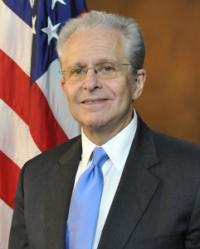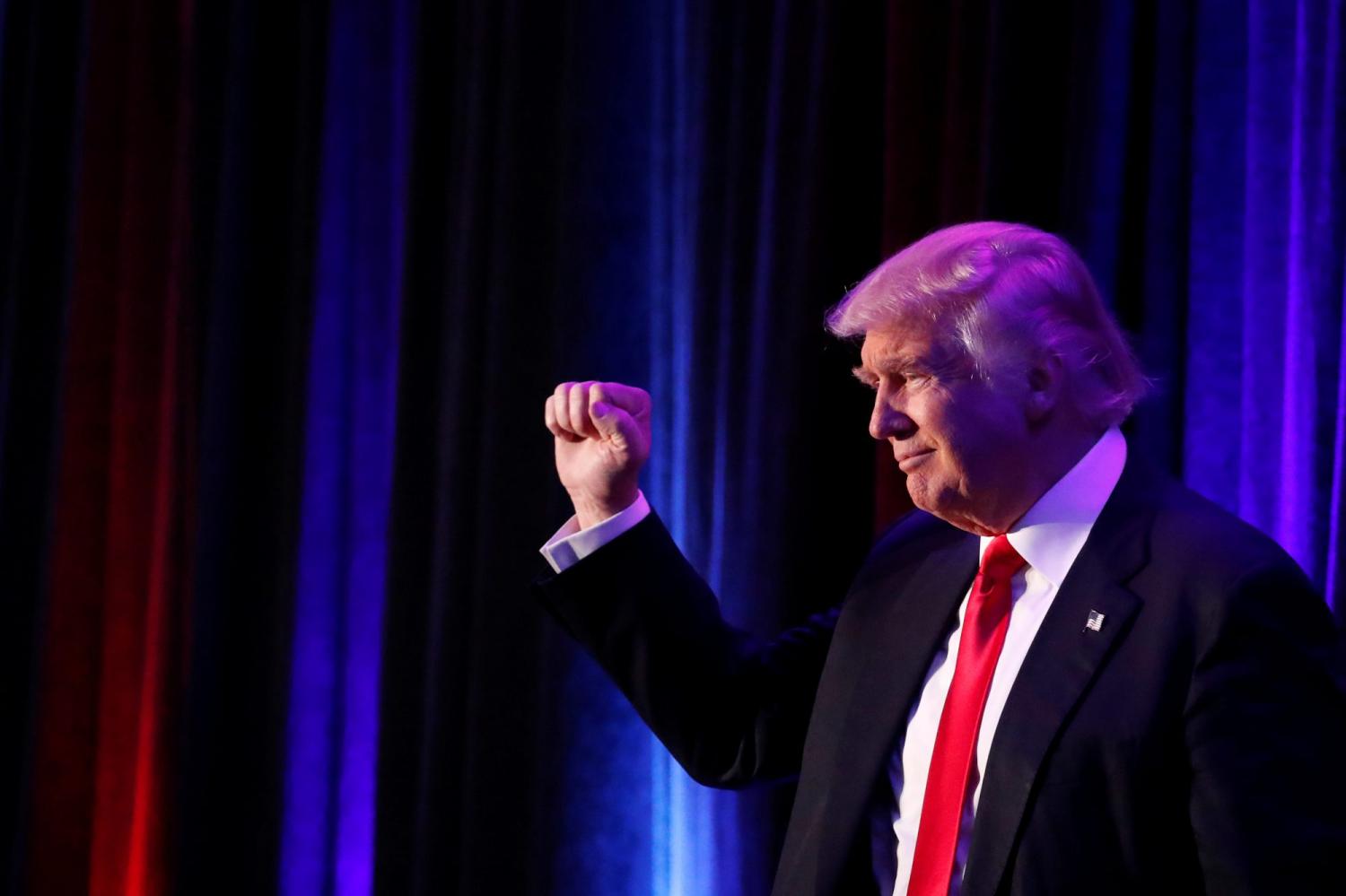Foreign interference in the American political system was among the gravest dangers feared by the Founders of our nation and the framers of our Constitution. The United States was a new government, and one that was vulnerable to manipulation by the great and wealthy world powers (which then, as now, included Russia). One common tactic that foreign sovereigns, and their agents, used to influence our officials was to give them gifts, money, and other things of value. In response to this practice, and the self-evident threat it represents, the framers included in the Constitution the Emoluments Clause of Article I, Section 9. It prohibits any “Person holding any Office of Profit or Trust under [the United States]” from accepting “any present, Emolument, Office, or Title, of any kind whatever, from any King, Prince, or foreign State.” Only explicit congressional consent validates such exchanges.
While much has changed since 1789, certain premises of politics and human nature have held steady. One of those truths is that private financial interests can subtly sway even the most virtuous leaders. As careful students of history, the Framers were painfully aware that entanglements between American officials and foreign powers could pose a creeping, insidious risk to the Republic. The Emoluments Clause was forged of their hard-won wisdom. It is no relic of a bygone era, but rather an expression of insight into the nature of the human condition and the preconditions of self-governance.
Now in 2016, when there is overwhelming evidence that a foreign power has indeed meddled in our political system, adherence to the strict prohibition on foreign government presents and emoluments “of any kind whatever” is even more important for our national security and independence.
Never in American history has a president-elect presented more conflict of interest questions and foreign entanglements than Donald Trump. Given the vast and global scope of Trump’s business interests, many of which remain shrouded in secrecy, we cannot predict the full gamut of legal and constitutional challenges that lie ahead. But one violation, of constitutional magnitude, will run from the instant that Mr. Trump swears he will “faithfully execute the Office of President of the United States, and will to the best of my ability, preserve, protect and defend the Constitution of the United States.” While holding office, Mr. Trump will receive—by virtue of his continued interest in the Trump Organization and his stake in hundreds of other entities—a steady stream of monetary and other benefits from foreign powers and their agents.
In the attached brief, we examine the Emoluments Clause in detail and conclude that Donald Trump’s diverse dealings violate both the spirit and the letter of this critical piece of the U.S. Constitution.
Download “The Emoluments Clause: Its text, meaning, and application to Donald J. Trump.”
Norman L. Eisen, a fellow at the Brookings Institution, was the chief White House ethics lawyer from 2009 to 2011 and ambassador to the Czech Republic from 2011 to 2014. He is the chair of Citizens for Responsibility and Ethics in Washington (CREW). Richard W. Painter, a professor at the University of Minnesota Law School, was the chief White House ethics lawyer from 2005 to 2007. He is the vice chair of CREW. Laurence H. Tribe is the Carl M. Loeb University Professor and Professor of Constitutional Law at Harvard University.





